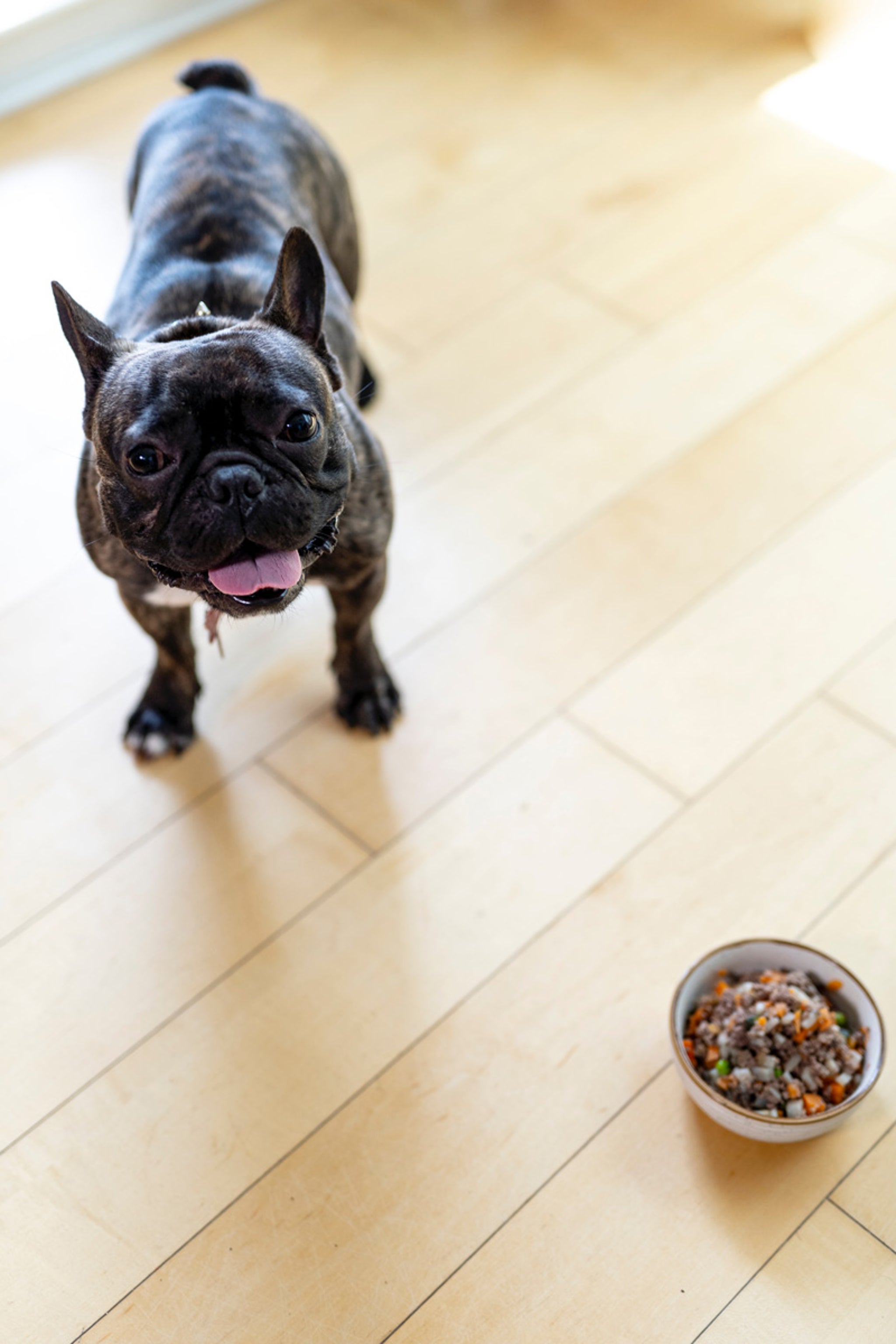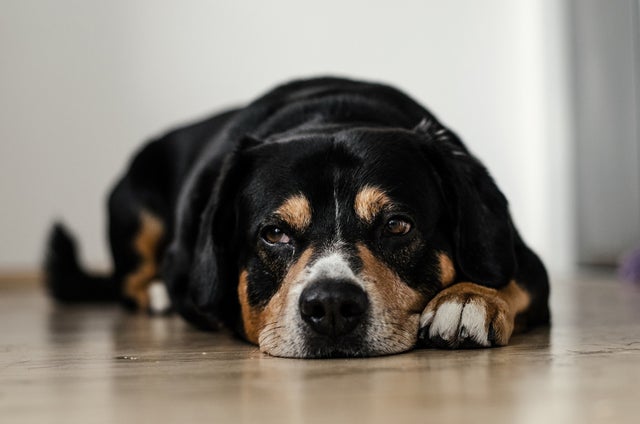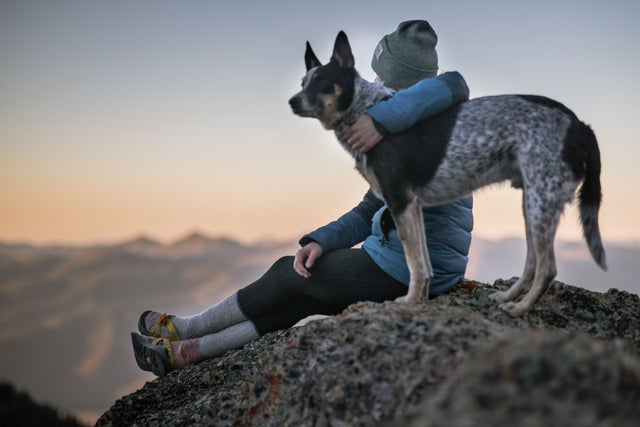Your dog’s cancer diagnosis has you wondering how you can change his diet to support his treatment. Before you change anything, do your research and discuss your plan with your veterinarian.
Respond to Your Dog’s Treatment Experience
There are a variety of treatments for cancer, which means a variety of reactions. Some common effects to look for are nausea, loss of appetite, and weight loss. Your goal is to respond with a diet plan that ensures proper nutrient intake and maintains the best quality of life for your dog.
Do Not Make any Sudden Changes
Take it slow. An abrupt alteration in a dog’s diet can upset their stomach and disrupt their digestion. It is recommended new foods be introduced gradually. Mix a little bit into their usual food each day to slowly initiate change and allow their body to react and accept new nutrients. This will also allow you to determine what they enjoy and what is most beneficial for them.
What Exactly Should You Change?
Many sources say that foods high in carbohydrates are detrimental for dogs with cancer because they promote tumor growth. Many dog food brands are high in carbohydrates, so be aware. You will probably not want to completely eliminate carbs from your dog’s diet because they are necessary for energy. A balanced diet is key, just like in humans. Some studies have shown that high fruit and vegetable content promotes cancer cell death in dogs. These foods include carbohydrates, but studies in humans show that diets high in fruits and vegetables have positive effects, including providing high levels of antioxidants.
The goal of many cancer diets is low-carb, high protein, and high fat. Your dog will experience protein metabolism changes with the cancer, so they need enough protein in their diet to maintain body mass. Additionally, some studies have shown that omega-3 fatty acids may attack tumors, as they naturally fight inflammation in humans. Foods rich in omega-3 fatty acids include fish, and chia and flax seeds. As with any of these foods, maintain a balance–too much of a good thing can be a bad thing. This is also an area where your veterinary healthcare team can be a great resource. Ask them about supplements that are high in omega-3 fatty acids. Often times veterinarians have access to products that may not be available in pet stores or online and they can help you determine which products are most appropriate for your pet’s condition.
Know Where the Food Comes From
Another approach is to focus on the origin of the food. Instead of trying to narrow down your food choices by what eliminates this and what is higher in that, check into the sources and the processing. Understanding where the nutrients come from is important in human and pet diets. Less processing in foods is better for everyone and some veterinarians recommend limiting foods processed in high heat because it can alter the food’s nutritional quality. Additionally, many processed dog foods use preservatives like ethoxyquin, BHA, and BHT, which may have toxins that your pet could be sensitive to.
Does this mean you need to prepare everything at home from scratch? While this is an option, there are commercial products available that are clear about sourcing and processing. Wholesome, minimally processed foods are recommended by veterinarians, and some recommend dehydrated foods. Dehydrated meals use less heat in processing and only require you to add water to rehydrate. This option may be convenient for you while still providing healthy nutrition for your dog. As always, check the ingredients and brand for quality.
Talk to your Veterinarian to Determine the Best Plan of Action
Your veterinarian knows what is best for your canine, and you should figure out a plan together. These are general recommendations from veterinarians, but different approaches work for different dogs. It will benefit your dog to make gradual changes, if any. Be patient—it may take time and a few trials, but if you persist, you will find a way to keep your dog at his healthiest.




